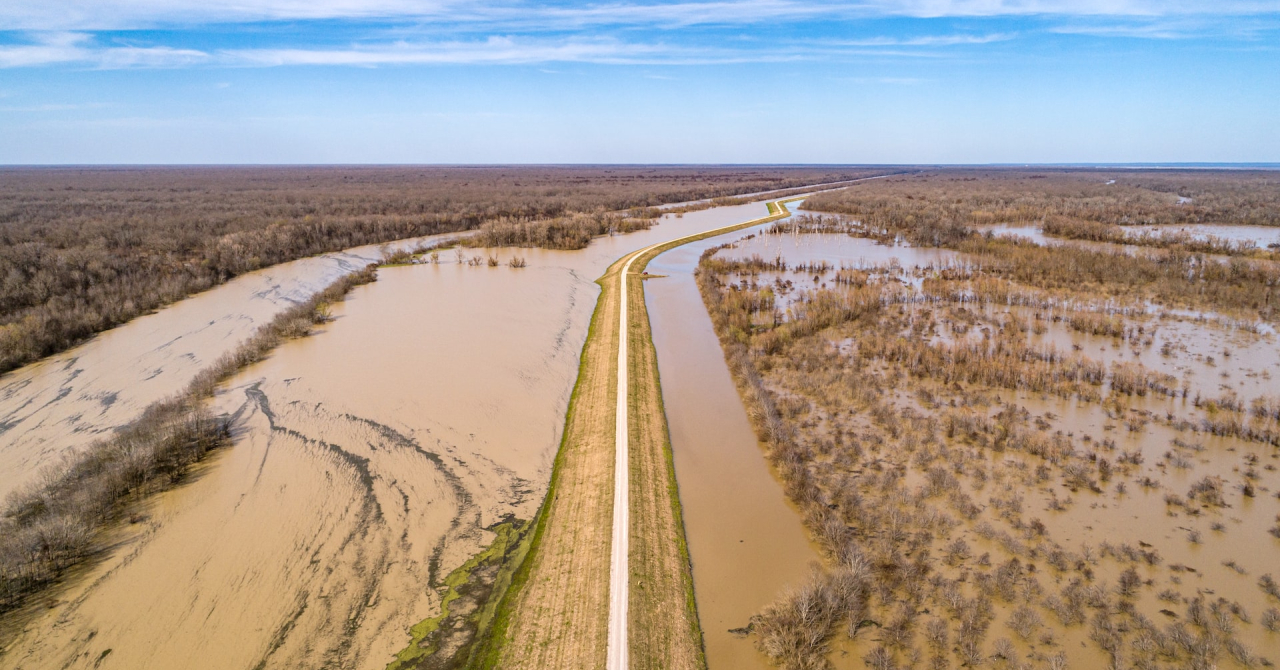According to The Guardian, rich countries weren't convinced that such a fund would be working, as officials say it should have been seen if such a fund was needed and how it would operate.
Timmermans said that "we were reluctant about a fund, it was not our idea to have a fund. My reluctance was because I know from experience it takes time before a fund can be established, and more time before it is filled, whereas we have existing instruments."
"I really believe we could move faster with existing instruments [for climate finance]. But since these nations are so attached to a fund, we have agreed", he added.
At the same time, the vice-president of the EU Commission said that a strict set of rules are to be implemented before aiding any country and the fund will be reserved for the hardest hit and most vulnerable.
At the same time, EU countries are to strengthen their ambitions with regards to cutting greenhouse gas emissions to meet the climate goals set in the Paris Agreement.
"This would have to be a package deal", according to Timmermans.
Australian officials showed their interest to support EU's efforts, saying that the country is "very attracted to a new fund that benefits from a broad contributor base and focuses on the most vulnerable."
China is pressured to take part in the action, as the country is one of the largest carbon emitters in the world and one of the largest economies, at the same time.
Due to this, the country is expected to be part of the donor base for the loss and damage fund, although it is still classed as being a developed country under the 1992 UN Framework Convention on Climate Change.
Timmermans, however, added that " the donor base should be under the Paris agreement and take account of the economic situations of countries in 2022 not 1992, as in the G77 proposal."
Canada's environment minister Steven Guilbeault also showed support to the proposal, putting an emphasis on the fact that the donor base needs to be large for the impact to be meaningful.
"We need to have a serious conversation about expanding the donor base. We recognize our responsibility but we are less and less large emitters compared to others", he said.
 Mihai - Cristian Ioniță
Mihai - Cristian Ioniță












Any thoughts?